TED Radio Hour
By
The TED Radio Hour is a narrative journey through fascinating ideas, astonishing inventions, fresh approaches to old problems, and new ways to think and create.
Episodes
-

Patrice Gordon and Tomas Chamorro-Premuzic: How can we become more competent leaders?
Organizational psychologist Tomas Chamorro-Premuzic says we often associate leadership with the wrong traits. That's why Patrice Gordon was so surprised by an unusual opportunity: to mentor her CEO.
-
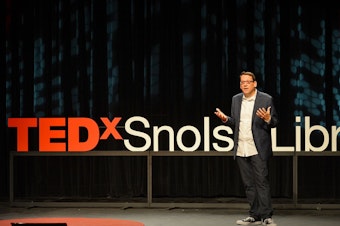
Bill Bernat: How to build a connection with your friends living with depression
Sometimes, we tiptoe around people experiencing depression because we don't know what to say. Bill Bernat suggests that instead of waiting for them to feel better, we can meet them where they are.
-
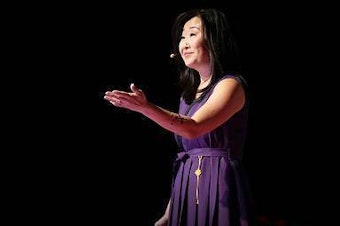
Sara Jones: What stories are missing from the the transracial adoption narrative?
What information is missing from our family narratives? For transracial adoptee Sara Jones, her Korean cultural roots were hidden until she sought answers on her own.
-
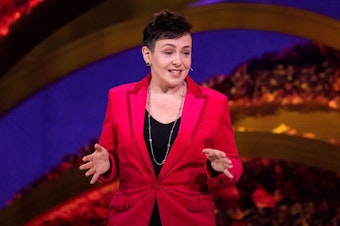
Diana Adams: How can we provide better care for non-traditional families?
For LGBTQIA and non-nuclear families, navigating the legal system and family benefits is difficult. Attorney Diana Adams says we need more inclusive laws that cater to all chosen families.
-
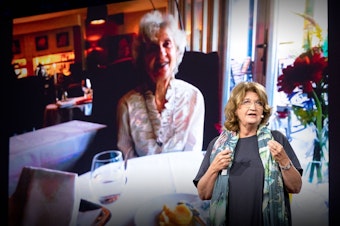
Yvonne van Amerongen: How can we reimagine elder care around human connection?
In a small village, residents enjoy time at the pub, the theater, and the park—all while living with dementia. Yvonne van Amerongen shares how we can reimagine dementia care with a social approach.
-
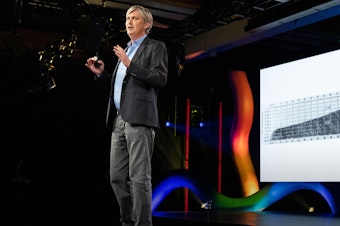
Steven Johnson: The Past, Present, and Future of the Human Life Span
In the last century, human life expectancy has doubled. This hour, we talk with writer Steven Johnson on the many breakthroughs that made this possible — and where we go from here.
-
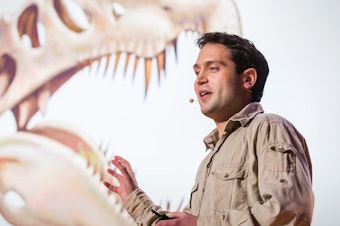
Nizar Ibrahim: How did we unearth the largest predator in history?
The largest predator in history was bigger than a T. Rex and longer than a school bus. And it swam. Paleontologist Nizar Ibrahim shares his quest to uncover the Spinosaurus.
-
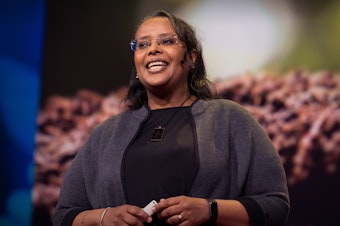
Asmeret Asefaw Berhe: How can soil's superpowers help us fight climate change?
Earth's soil can store vast amounts of carbon. Biogeochemist Asmeret Asefaw Berhe says soil could be a powerful tool for fighting climate change - if only we stopped treating it like dirt.
-
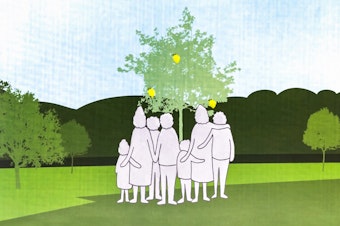
Katrina Spade: Could our bodies help new life grow after we die?
We compost plants and livestock, so why not humans? Katrina Spade says that if you want to help the planet one last time, consider composting your body.
-
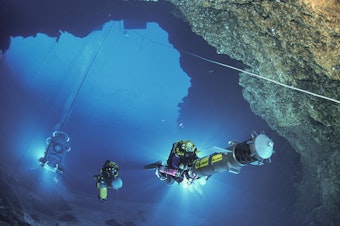
Jill Heinerth: What can we learn from our planet's hidden waterways?
Underneath the surface, there lies a vast network of natural and manmade waterways. Cave diver Jill Heinerth shares her adventures through our planet's plumbing and the ways it secretly connects us.
-
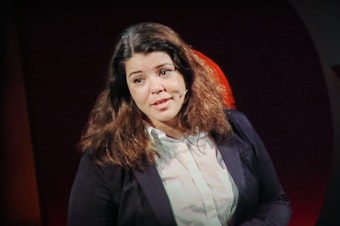
Celeste Headlee: How can we fight burnout with purposeful rest?
Hard work has been baked into our culture for so long, but at what cost? Journalist Celeste Headlee explains why we must give our bodies the rest they need, so that we can live fuller lives.
-
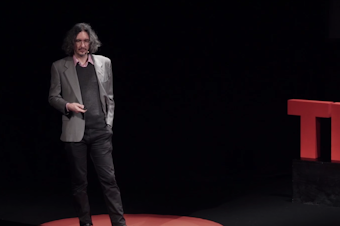
Matteo Cerri: Will humans one day hibernate?
Bears and squirrels hibernate to survive harsh conditions; why not humans? If we want to travel deep into space or combat deadly diseases, physiologist Matteo Cerri says hibernation might be the key.